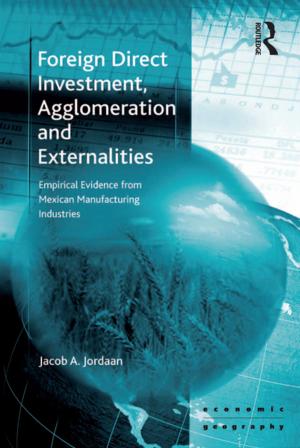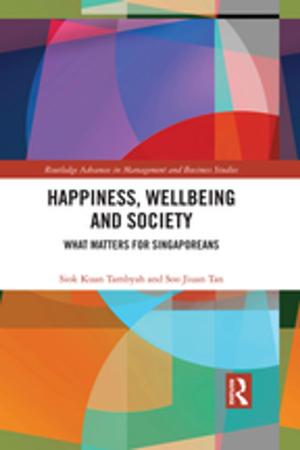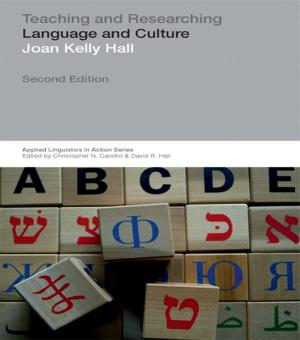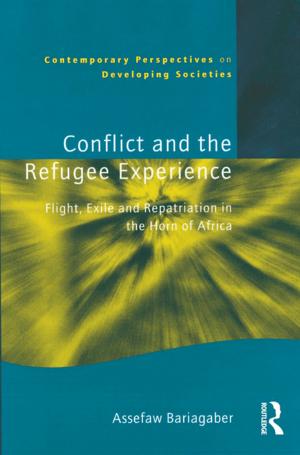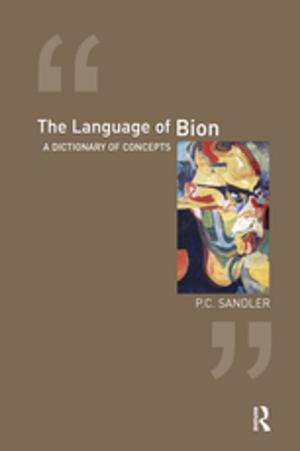Transforming Violent Conflict
Radical Disagreement, Dialogue and Survival
Nonfiction, Social & Cultural Studies, Political Science, International, International Security, History, Military| Author: | Oliver Ramsbotham | ISBN: | 9781135165147 |
| Publisher: | Taylor and Francis | Publication: | January 25, 2010 |
| Imprint: | Routledge | Language: | English |
| Author: | Oliver Ramsbotham |
| ISBN: | 9781135165147 |
| Publisher: | Taylor and Francis |
| Publication: | January 25, 2010 |
| Imprint: | Routledge |
| Language: | English |
This book investigates intractable conflicts and their main verbal manifestation - radical disagreement – and explores what can be done when conflict resolution fails.
The book identifies agonistic dialogue - dialogue between enemies - as the key to linguistic intractability. It suggests how agonistic dialogue can best be studied, explored, understood and managed even in the most severe political conflicts when negotiation, mediation, problem solving, dialogue for mutual understanding, and discourse ethics are unsuccessful. This approach of viewing radical disagreement as the central topic of analysis and conflict management is a new innovation in this field, and also supplements and enhances existing communicative transformational techniques. It also has wider implications for cognate fields, such as applied ethics, democratic theory, cultural studies and the philosophy of difference.
This book will be of great interest to students of conflict resolution, peace and conflict studies, ethnic conflict and International Relations in general.
Oliver Ramsbotham is Emeritus Professor of Conflict Resolution at the University of Bradford, UK, Chair of the Oxford Research Group, President of the Conflict Research Society and co-author of Conflict Resolution in Contemporary Conflict.
This book investigates intractable conflicts and their main verbal manifestation - radical disagreement – and explores what can be done when conflict resolution fails.
The book identifies agonistic dialogue - dialogue between enemies - as the key to linguistic intractability. It suggests how agonistic dialogue can best be studied, explored, understood and managed even in the most severe political conflicts when negotiation, mediation, problem solving, dialogue for mutual understanding, and discourse ethics are unsuccessful. This approach of viewing radical disagreement as the central topic of analysis and conflict management is a new innovation in this field, and also supplements and enhances existing communicative transformational techniques. It also has wider implications for cognate fields, such as applied ethics, democratic theory, cultural studies and the philosophy of difference.
This book will be of great interest to students of conflict resolution, peace and conflict studies, ethnic conflict and International Relations in general.
Oliver Ramsbotham is Emeritus Professor of Conflict Resolution at the University of Bradford, UK, Chair of the Oxford Research Group, President of the Conflict Research Society and co-author of Conflict Resolution in Contemporary Conflict.



